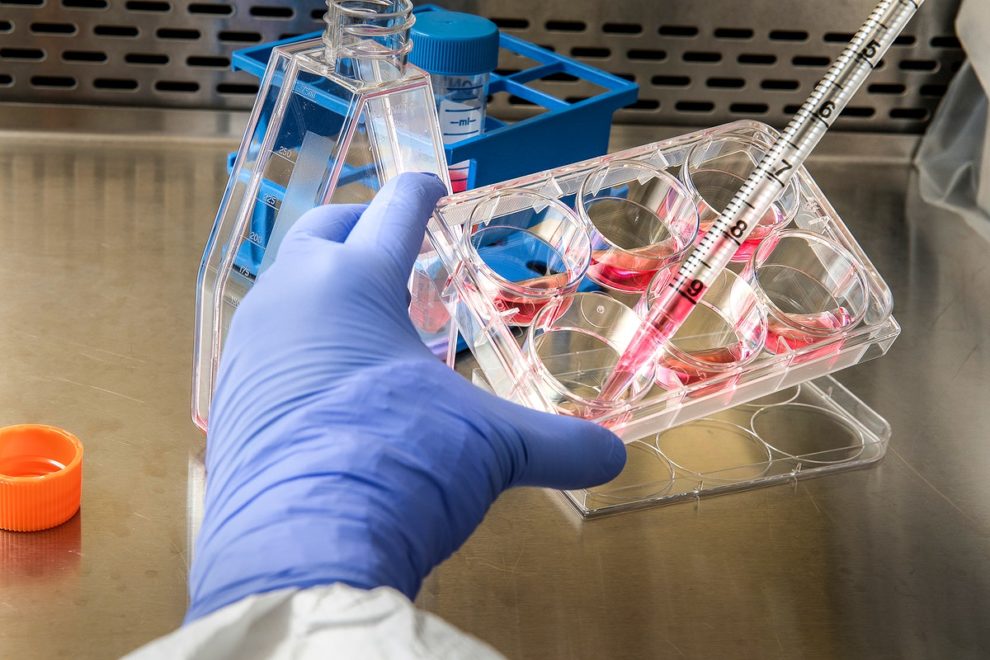BERN (Parliament Politics Magazine) – The World Health Organisation (WHO) has issued the strongest call to action it is able to in relation to the global outbreak of monkeypox by designating it as a public health emergency of international concern.
This comes after a meeting of an expert committee on Thursday and marks the 7th such announcement since 2009. The most recent was for coronavirus, which received the same label from the WHO in 2020.
The international health regulations of WHO define a public health emergency of international concern, or PHEIC, as “an extraordinary event which is determined to constitute a public health risk to other states through the international spread of disease and to potentially require a coordinated international response.”
The term means it is a serious situation, sudden, uncommon, or unexpected, that it has ramifications for public health beyond the boundaries of nations, and that it may demand prompt international response, according to the UN health agency.
The committee gathered on Thursday to analyse the most recent data, but, according to Dr. Tedros Adhanom Ghebreyesus, director general of the WHO, they were unable to come to a decision. However, he has subsequently made the decision to declare a PHEIC in order to end the impasse.
The outbreak, he claimed, fitted the criteria in the international health laws and had rapidly spread over the world through new ways of transmission about which very little was known. He had chosen to declare the monkeypox outbreak a global health emergency which was of international concern.
Despite his claim that monkeypox risk was “moderate” worldwide, he noted that it was “high” in Europe and that there was a significant risk of future international spread.
16,016 cases of monkeypox have been reported worldwide, 4,132 of which occurred in the previous week, show the WHO statistics. There have been five deaths and it is currently present in 75 nations and territories.
At 11,865 total cases and 2,705 more cases in the past week, the European area had the most cases overall.
There is still a lot of work to be done, said Dr. Rosamund Lewis, technical head for monkeypox in the WHO health crises programme.
In order for people to be able to protect themselves, she emphasised that steps must be taken to identify what generates risk and to lessen circumstances that could do so. This is how it was possible to put an end to the outbreak, she declared.
Although it can cause outbreaks in people, the viral infection known as monkeypox is primarily seen in animals in central and western Africa. Occasionally, cases are found in nations where the virus is not prevalent, but the most recent outbreak is unprecedented.
The majority of instances have been reported in Europe, but there have also been cases in Australia, Brazil, Canada, Israel, Mexico, Nigeria, and the US among other nations.
The WHO found that a substantial portion of the outbreak occurred among males who had intercourse with men who have recently reported having sex with new or numerous partners. The UN has warned that some media representations of Africans and LGBTQ+ persons reinforce homophobic and racial stereotypes and exacerbate stigma. Experts have however emphasised that anyone can catch monkeypox because it spreads by close or intimate contact.
The executive director of the WHO’s emergency programme, Dr. Michael Ryan, stated that it was known to all how challenging it had historically been to deal with matters like those due to stigma.
He continued, if nothing else, that was about enlightened self-interest and “solidarity” with people who were affected.






